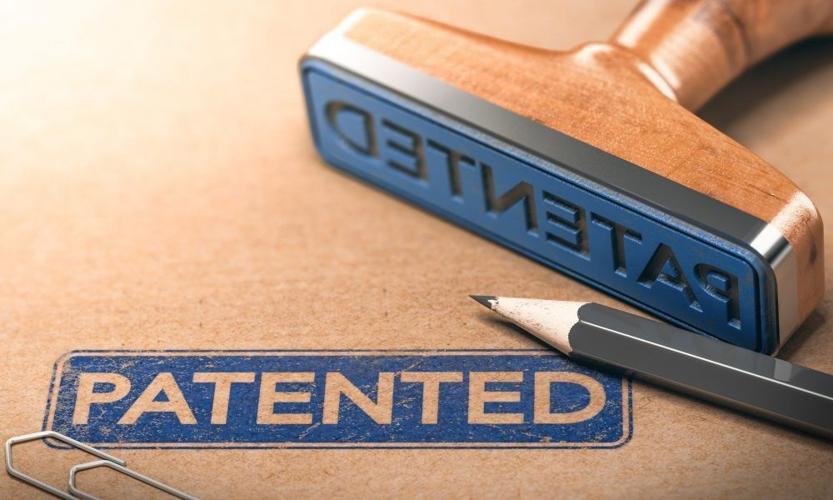
WASHINGTON - Patent Progress is warning that a newly instituted interim process for discretionary denials is “an opaque and controversial shift” that has given sweeping authority to block patent reviews before they’re evaluated on the merits.

Stewart
After President Donald Trump took office in January, Coke Morgan Stewart was sworn in as the new deputy undersecretary of Commerce for Intellectual Property and deputy director of the U.S. Patent and Trademark Office.
Back in April, Patent Progress highlighted how Stewart used the new review process to de-institute a request by Motorola Solutions for review of a patent held by a non-practicing entity, commonly called patent trolls.
“While the harms of this process have become increasingly clear, some are now attempting to reframe it as a win for American innovation,” said Josh Landau, senior counsel for the Computer & Communications Industry Association, which powers Patent Progress. “Though a few outlier cases are being used to defend the policy, the broader trend is unmistakable: (NPEs) and foreign interests are already exploiting this process to avoid scrutiny and preserve low-quality patents.
“When legitimate challenges are denied with disregard for the underlying evidence, it’s American companies that lose their best chance to protect themselves against abusive litigation.”
In a July 1 post, Landau writes that in light of the new “settled expectations” standard, NPEs remain eager to exploit the bifurcated review process to preserve their infringement lawsuits and maintain leverage over legitimate innovators, all while avoiding careful scrutiny of their patents’ quality.
“So don’t be fooled if NPEs and their defenders cherry-pick the rare cases where PTAB review denials appear to help actual American inventors,” he wrote. “The reality is that when low-quality patents are able to avoid review for reasons that have nothing to do with the merits of each case, it will allow for manipulation by those who seek to abuse the IP system at the expense of businesses and inventors who are operating in good faith and trying to follow the rules.
“The growing body of evidence is far more powerful than any spin some advocates try to put on an individual case.”




